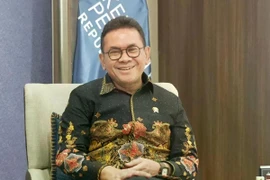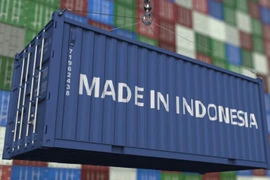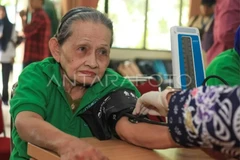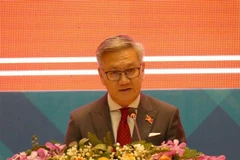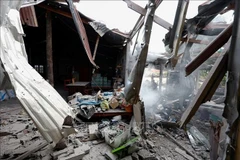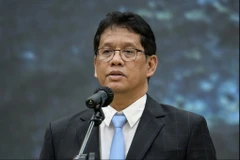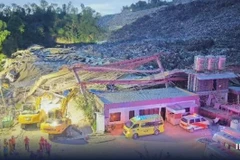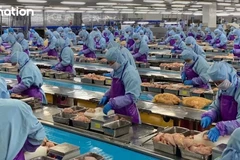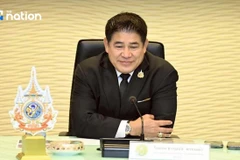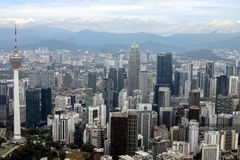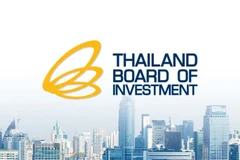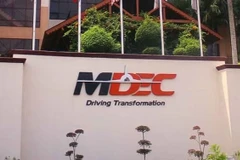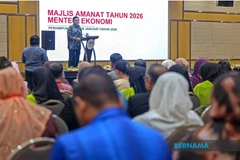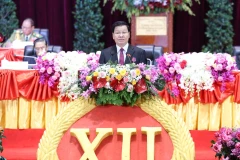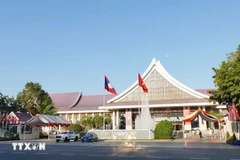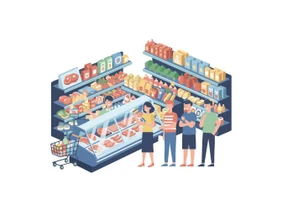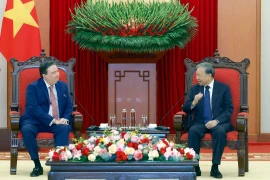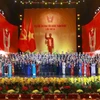Jakarta (VNA) – Indonesia is intensifying its commitment to empowering micro, small, and medium-sized enterprises (MSMEs) as Minister of Micro, Small, and Medium Enterprises (MSMEs) Maman Abdurrahman has emphasised the requirement for public spaces to allocate at least 30% of their commercial areas to MSMEs.
The mandate is outlined in Government Regulation No. 7 of 2021 on the facilitation, protection, and empowerment of cooperatives and MSMEs.
In a recent press statement, Minister Abdurrahman said this regulation obligates public facilities, such as MRT and train stations, bus terminals, ports, toll roads, rest areas, and airports to allocate 30% of their commercial space to MSMEs.
The minister also underlined the importance of supporting MSMEs in public facilities without compromising on aesthetics and public comfort.
He noted that efforts to expand space for MSMEs should go hand in hand with shared responsibility between MSME operators and public facility managers to maintain cleanliness and order.
Abdurrahman further emphasised that increasing the visibility of MSMEs in public spaces can raise awareness about the strength and quality of local products.
Events like this prove that MSME products, especially in culinary and fashion, can compete with imported goods in terms of quality, he said./.

